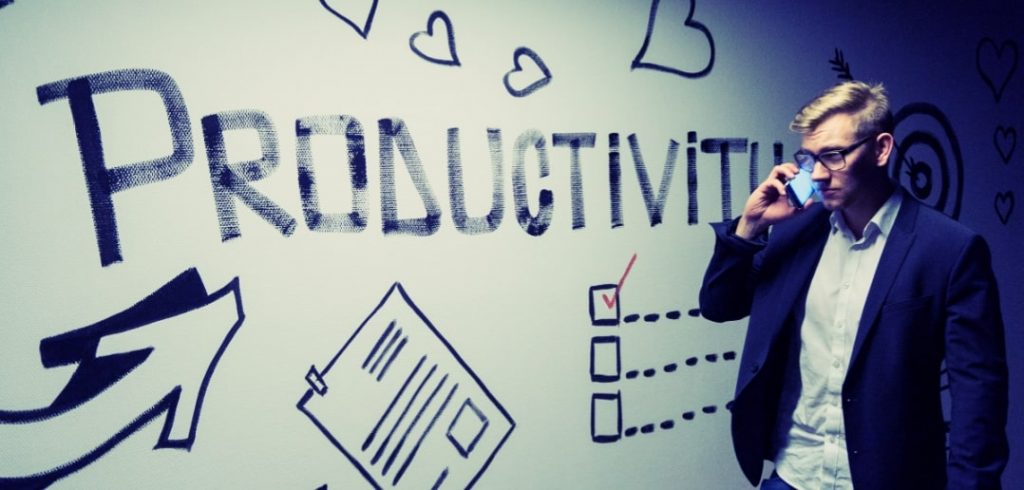Bad habits could be stopping you from developing professionally and reaching your full potential and the worst part is, you may not even realise you have them!
Here are nine habits that could be hurting your productivity and career. If you can recognise and tackle them now, you’ll be more successful in the future.
1. Not sticking to a routine
Sticking to a routine can help you to stay focused and achieve more. If you have a set routine, then you shouldn’t have to make as many decisions and you can avoid distractions. This means that you’ll be much more likely to achieve your flow.
The routine you set completely depends on what works best for you. A good method may be to organise your week by having themes for each day. For example, if you’re a business leader you may want to focus on management and strategy on Monday, products/services on Tuesday, marketing and communications on Wednesday, etc.
2. Responding to emails immediately
How often does an email pop up on your screen and you immediately stop what you are doing to read it and respond? Being distracted my small tasks like answering emails causes us to lose momentum.
Instead of checking your emails and messages as they come in, designate certain times during your day to check them and send your replies. You should also turn off your alerts so you are not tempted when you are in the middle of another task.
3. Having a messy workspace
Having a messy desk can be distracting and make it harder for you to get things done. Your colleagues will also judge you and assume that you are disorganised and maybe even unprofessional.
Taking a few minutes every week to tidy and organise your desk will help you to improve your productivity. Set yourself a day/time in your routine to do this – we recommend Friday before you leave as then you’ll be able to start the new week with a clear mind and a clear desk.
4. Being too casual
Many companies are now relaxing their dress codes and socialising with your boss is the norm. However, while workplaces are becoming more flexible, it’s important that you don’t take things too far.
If you have an informal dress code at work, you should dress comfortably but ensure your appearance is still clean and tidy. Similarly, it’s great to be able to communicate openly at work, but you should still avoid offensive language and topics.
Always remember that the office is still your workplace and while your colleagues may be your friends, you should still act appropriately and build a positive professional reputation for yourself.
5. Getting involved in gossip
While socialising and chatting is great, gossiping can give you a bad reputation. Gossip can spiral, be distracting, isolate people and damage your reputation and how much others trust you.
Avoid gossiping and stick to conversations with your colleagues on safe and polite topics. You should also try to save your chatting for breaks and designated social spaces where you won’t distract others.
6. Going to work when you’re sick
Going to work when you are ill is not good for your productivity and it can be even more damaging for your colleagues. You’re not going to produce your best results and you may pass on your illness to others.
Instead of trying to power through, take a sick day, rest and recover. Everyone will be better off if you do.
7. Never switching off
To perform at your very best, you need to allow your mind and body to rest and recover; not having enough downtime will affect your concentration, productivity and energy levels, meaning your work could suffer in the long-run.
Throughout your day you should have regular short breaks when you can get away from your desk and do something different. Likewise, after work you should relax, spend time with your friends/family and indulge in your interests. And don’t forget to have a holiday from time to time!
8. Not owning up to your mistakes
If you’re repeating mistakes or not owning up to them when they happen, you’re missing out on learning and growth—and you’re sacrificing productivity.
Taking responsibility for your mistakes shows maturity and professionalism while enabling you to learn and improve in the future.
Bringing it all together
If you can recognise your bad habits now, you’ll be able to get them in check and do better in the future. Better productivity and focus bring better results and a more successful career.
